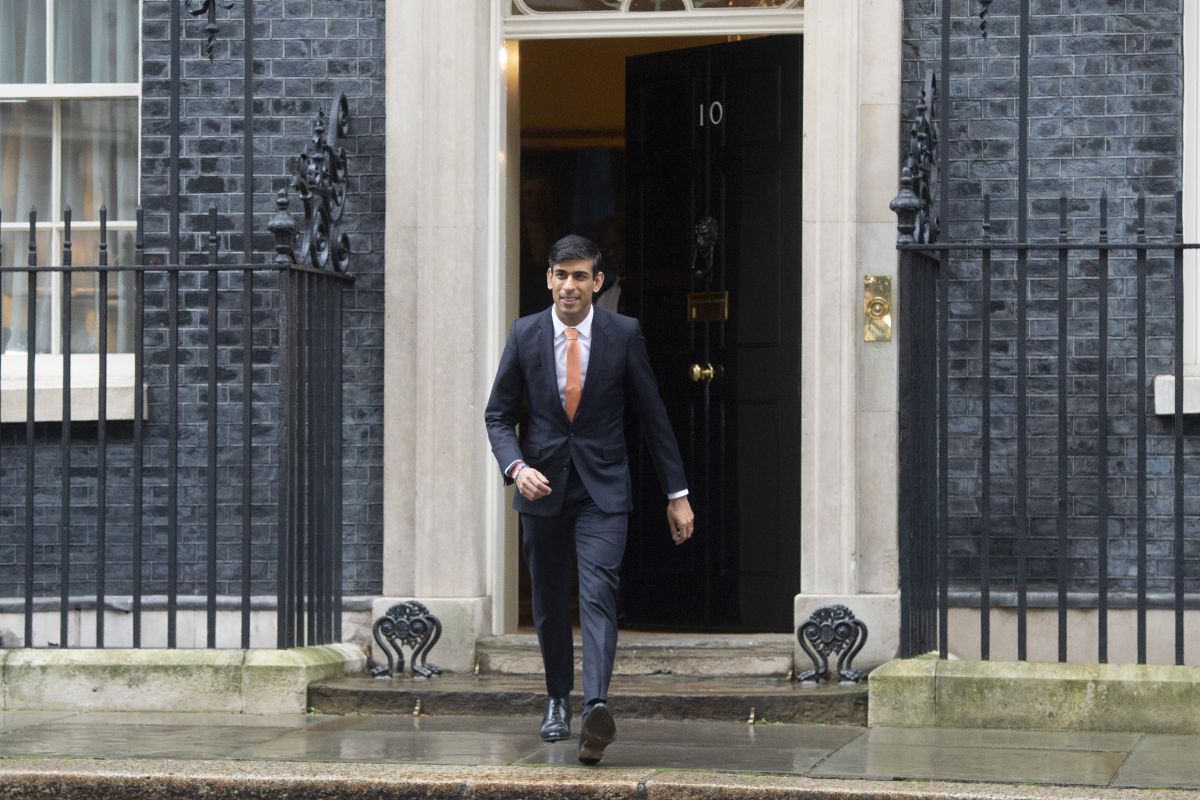After welcoming first child, Robert Pattinson wants big family with Suki Waterhouse
English actor Robert Pattinson, who recently became a father, plans on having more children with Suki Waterhouse.
Sanitary products were currently taxed as if they are a luxury product, rather than an essential one.

Photo: Rishi Sunak (Twitter )
The chancellor confirmed in his budget that the government is to scrap the controversial tampon tax and abolish VAT on all women’s sanitary products from 2021.
While unveiling the budget on Wednesday, Rishi Sunak said that the tax would end at the end of the year, when the UK formally leaves the European Union (EU), reports the Metro newspaper.
“I can also confirm, now that we have left the EU, that I will abolish the tampon tax. From January next year, there will be no VAT whatsoever on women’s sanitary products. I congratulate all members and right honourable members who campaigned for this,” the newspaper quoted Sunak as saying.
Advertisement
Sanitary products were currently taxed as if they are a luxury product, rather than an essential one.
The move was welcomed by campaigners. The government estimates that the tax cut will lead to typical savings of 7p on a pack of 20 tampons and 5p on a pack of 12 pads, which could save the average woman an estimated £40 over her lifetime.
The Labour MP Dawn Primarolo led a successful campaign 20 years ago to cut VAT on tampons from 17.5% to 5%, but governments since then have said EU rules prohibited dropping the rate further.
The Treasury pledged to scrap the tampon tax in 2016 following the Stop Taxing periods campaign launched by the student Laura Coryton, but the promise fell by the wayside after the government failed to change EU law.
The UK first introduced VAT in 1973, with a standard rate of 10 per cent applied to sanitary products.
In 1974, standard VAT was cut to 8 per cent, before rising to 15 per cent in 1979 and 17.5 per cent in 1991, the Daily Mail reported.
In January 2001, the UK government moved sanitary products to a reduced rate of 5 per cent following a campaign and debates in Parliament.
(With agency inputs )
Advertisement